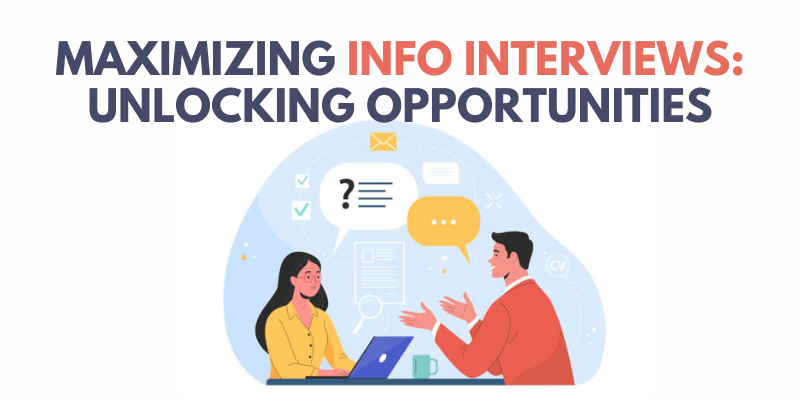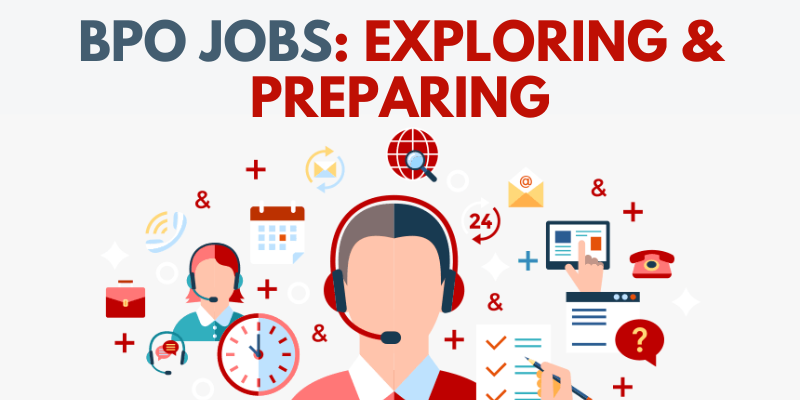Techonomics Unleashed: IT Jobs Driving Economic Growth!
In today’s digital age, the role of technology in the economy cannot be underestimated. IT jobs, with their vast array of skills and expertise, have a profound economic impact that goes far beyond the realm of technology itself. In this article, we will delve into the world of techonomics and explore how IT jobs contribute to economic growth, job creation, and innovation.









